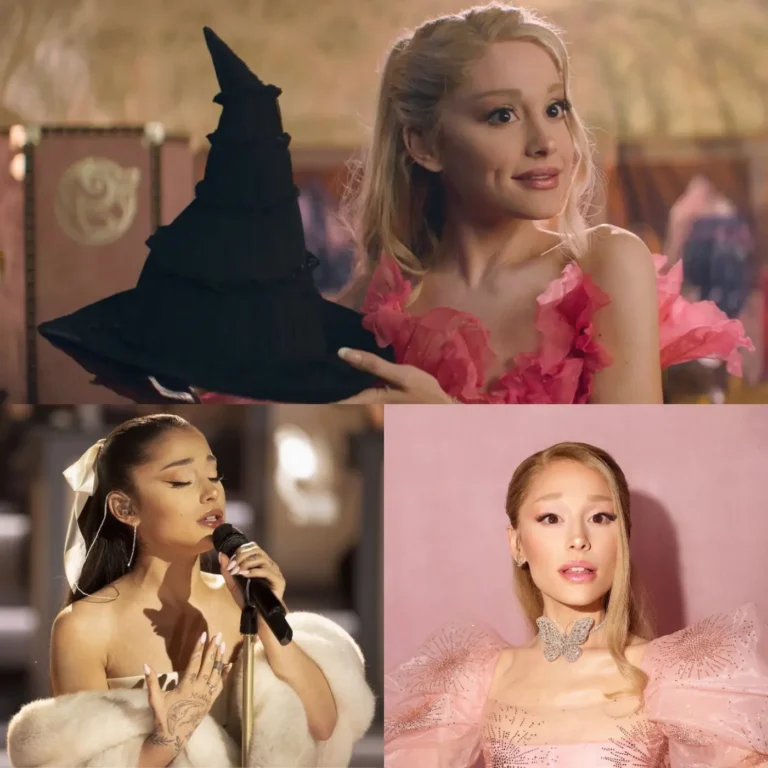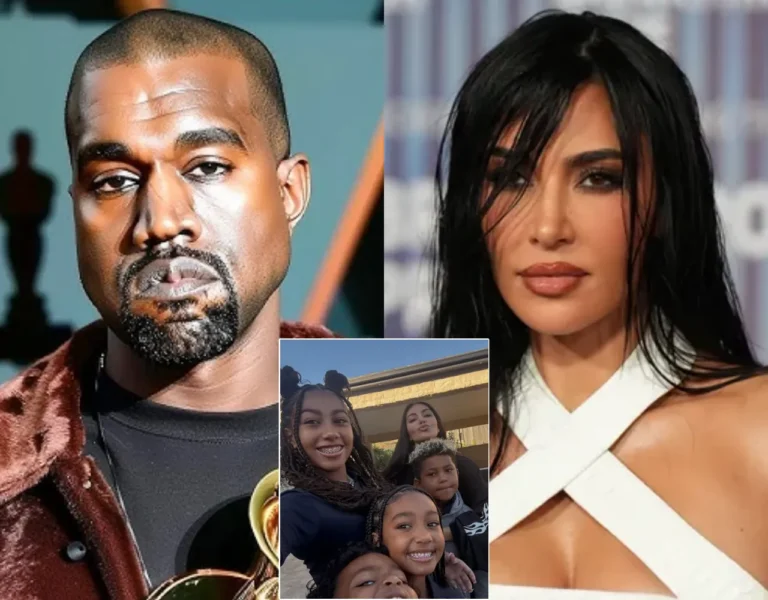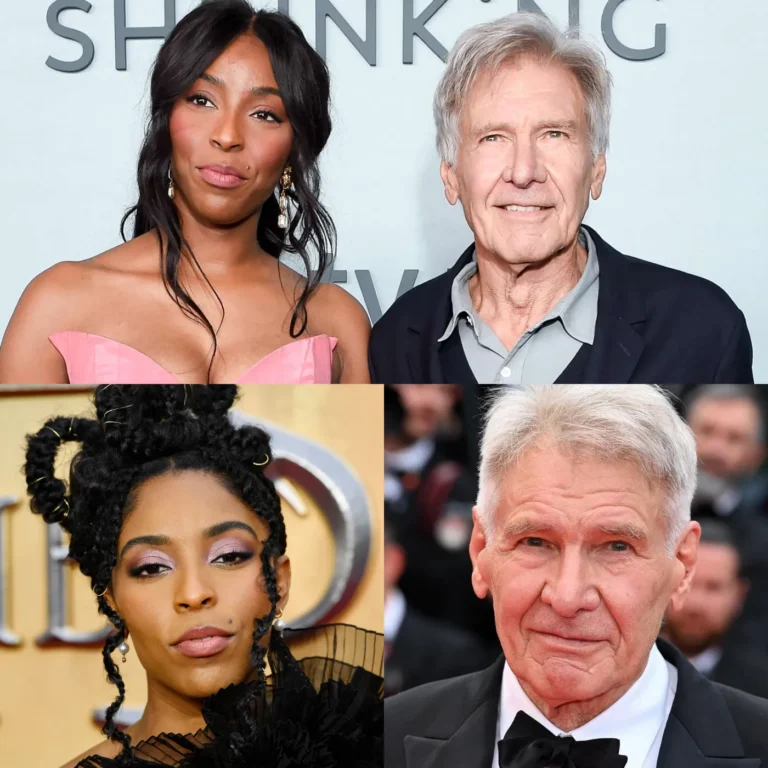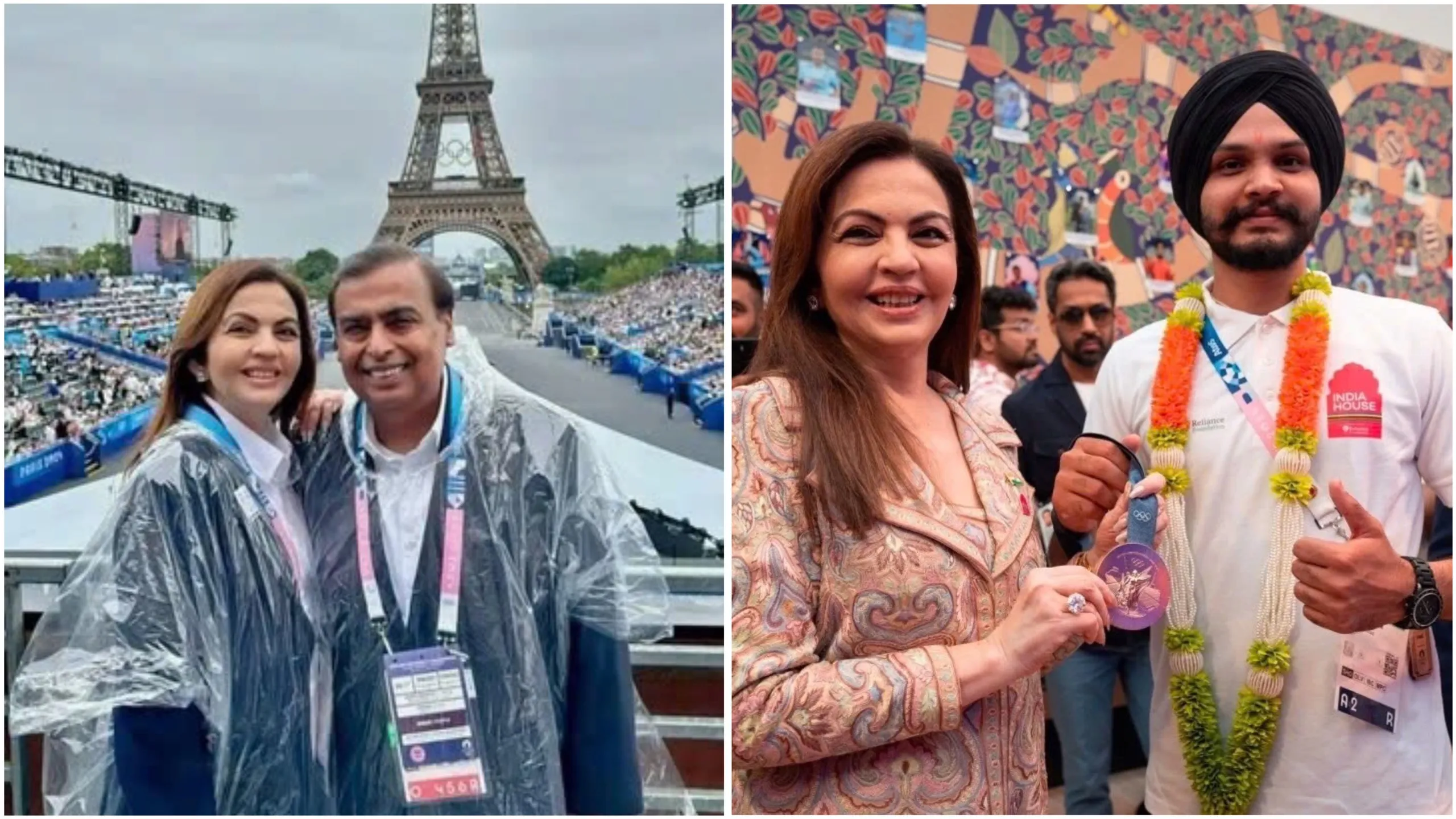
The presence of Nita and the super-rich Ambani family at the Paris Olympics was not just a personal gesture, but also a reflection of India’s strong ambition to assert itself as a global sporting superpower.
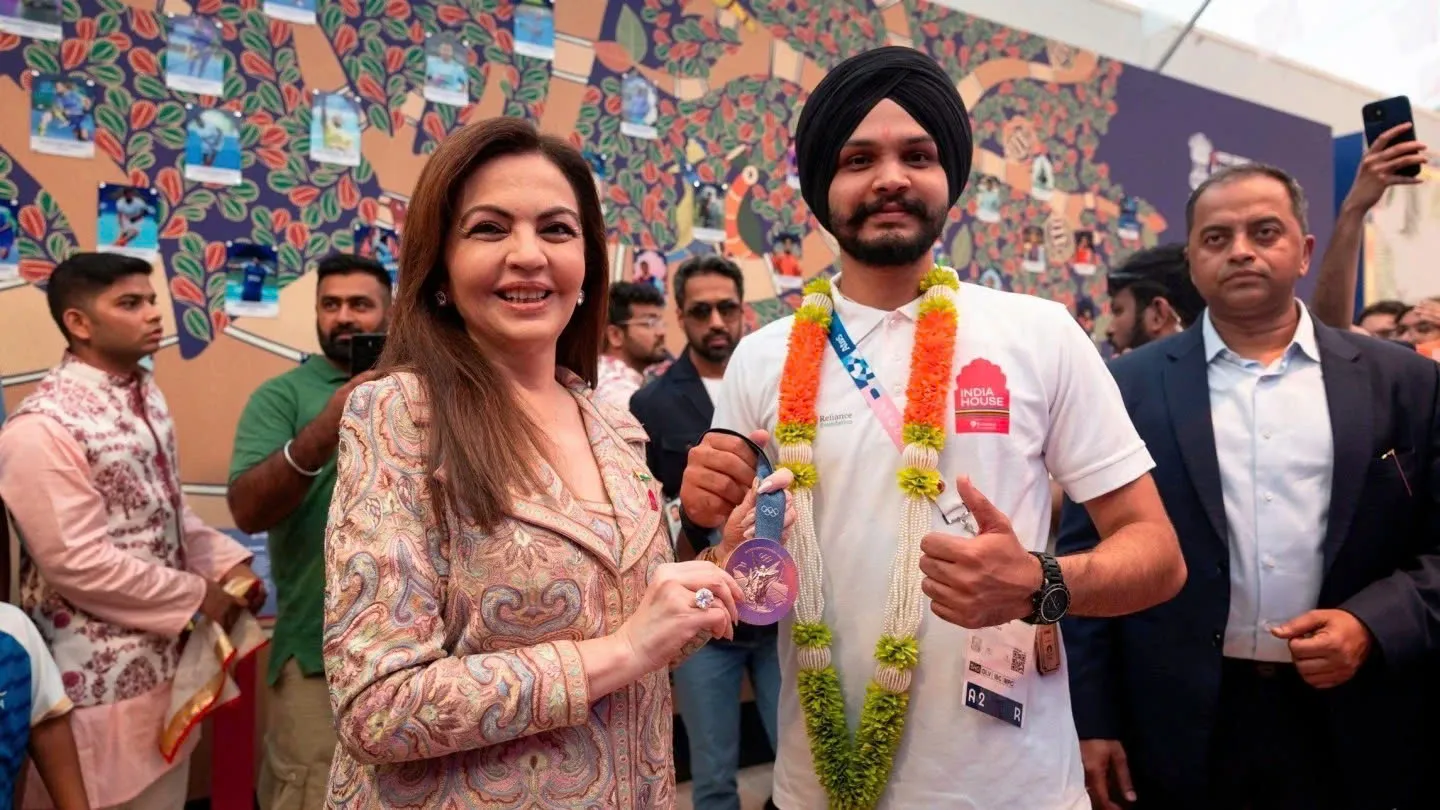
A few metres away, Veena Nagda – the Henna queen sought after by Hollywood – deftly demonstrated her skills on a tourist’s hands. While the scene might have been New Delhi or Calcutta, it was in fact all happening right in the heart of Paris.
At the Parc des Nations, some 15 foreign delegations have set up hospitality spaces during the Games. The India House pavilion, with its bright pink colour and two elephants made of flowers at the entrance, has attracted particular attention. The pavilion not only showcases India’s history, culture and craftsmanship, but also projects the performances of national champions on a large screen. This is the first time India has been featured in this way at the Olympics, and it is no coincidence.
With the aim of becoming one of the candidates to host the 2036 Olympics and Paralympics, India has an important mission in Paris. At the inauguration of India House on July 27, Nita Ambani – wife of billionaire Mukesh Ambani – said: “Today, we gather at the Paris 2024 Olympics to open the door to a dream. That dream belongs to 1.4 billion Indians, the dream of bringing India to the Olympics and bringing the Olympics to our country.”
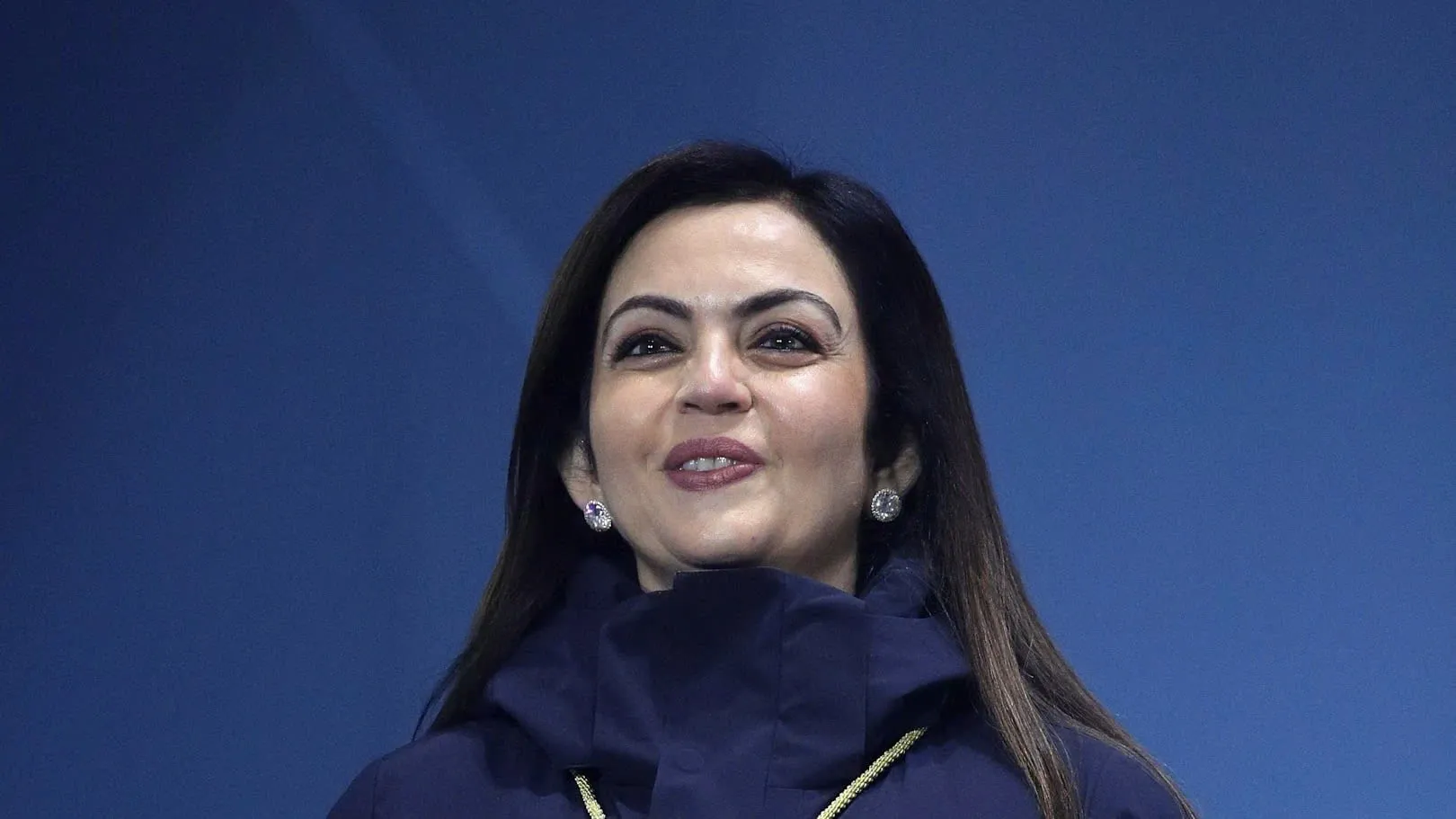
Nita Ambani became the first Indian woman to become a member of the International Olympic Committee (IOC) in 2016.
The involvement of the super-rich Ambani family, with its vast business empire in textiles, telecommunications, oil, gas and petrochemicals, is transforming India’s sporting prospects.
Two years ago, the Indian Olympic body faced the threat of being banned from the Games due to a governance and election dispute. The situation was even more dire in 2012, when the country was banned for electing a corrupt official as secretary-general.
After 120 years of winning just 35 medals, India is not only trying to catch up but also aims to overtake its rivals to become a sporting superpower. For a country of 1.4 billion people, its current tally of just three bronze medals, behind countries like Ireland, Slovakia, Georgia and Estonia, is modest. But that could soon change.
On the riverbank at Parc de la Villette, Ambani’s philanthropic enterprise, the Reliance Foundation, has built India House to showcase its ambitions. The walls, lavishly decorated from floor to ceiling with flowers, show just how much it cost.
“India has arrived,” Nita Ambani, India’s richest woman, said at the inauguration.
The International Olympic Committee (IOC) now has 15 leading partners. Together, the partners donated nearly $740 million in cash and services last year. None have been from India, and Ambani is expected to be the first.
“We are looking forward to welcoming our first new sponsor from India and I am sure it will happen soon,” said Anne-Sophie Voumard, the IOC’s chief marketing officer. “For us, it is certainly a country with a lot of potential, including commercially.”
Last year, Indian Prime Minister Narendra Modi told Olympic officials that the country would bid to host the 2036 Games in a speech in Mumbai, where the IOC meets annually.
The 111 IOC members have included Nita Ambani since 2016. The lavish wedding of the Ambani family’s youngest son, Anant, made global headlines ahead of the ceremony last month.
The celebrity-studded wedding was held at the same Reliance-owned convention center in Mumbai where the IOC met nine months ago. Several IOC members, including FIFA President Gianni Infantino, attended both events.
The IOC has at least one sponsorship deal that ends this year with Japanese automaker Toyota, and several others are up for renewal.
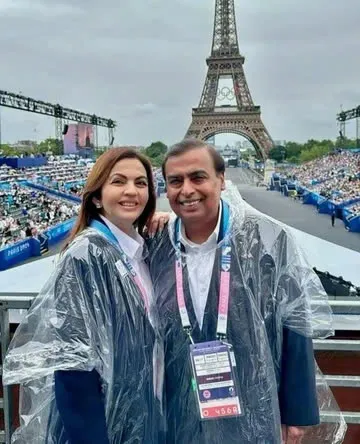
Billionaire Mukesh Ambani and his wife are present at the 2024 Paris Olympics.
For the past 40 years, Olympic sponsorship has relied on companies from the United States and Japan. Two other Japanese sponsors, Bridgestone and Panasonic, have contracts with the IOC that expire this year.
Voumard said “top partners come and go depending on their business strategies.”
Qatar, which wants to host the 2036 Olympics in Doha, and Saudi Arabia, which has a 12-year contract to host the Esports Games, are also expected to be interested in IOC deals.
Voumard declined to comment on “specific conversations” with potential partners.
The new sponsors would start with the 2026 Winter Games in Milan and ski resorts across northern Italy, followed by the 2028 Summer Games in Los Angeles. Other Olympic venues before 2036 include the French Alps in 2030; Brisbane, Australia in 2032; and Salt Lake City, Utah, in the United States in 2034.
The IOC has not set a specific date for selecting a host city for the 2036 Summer Games, in a new process that will allow Olympic leaders to choose a candidate at their own discretion. These exclusive talks could lead to the IOC members voted to confirm without any competition.
The choice of Brisbane, confirmed in Tokyo in 2021, has been criticised for its lack of transparency and for its impact on Qatar’s plans. At the time, Qatar was preparing to host the 2022 World Cup and had already hosted major world championships in Olympic sports such as athletics, gymnastics and swimming.
Now, many other cities and countries such as Istanbul (Turkey), Germany and Indonesia are showing interest in hosting the 2036 or 2040 Summer Olympics. According to The Telegraph, the competition to host future major sporting events is becoming as intense and notable as the Olympic competitions.
Photo: Financial Times

